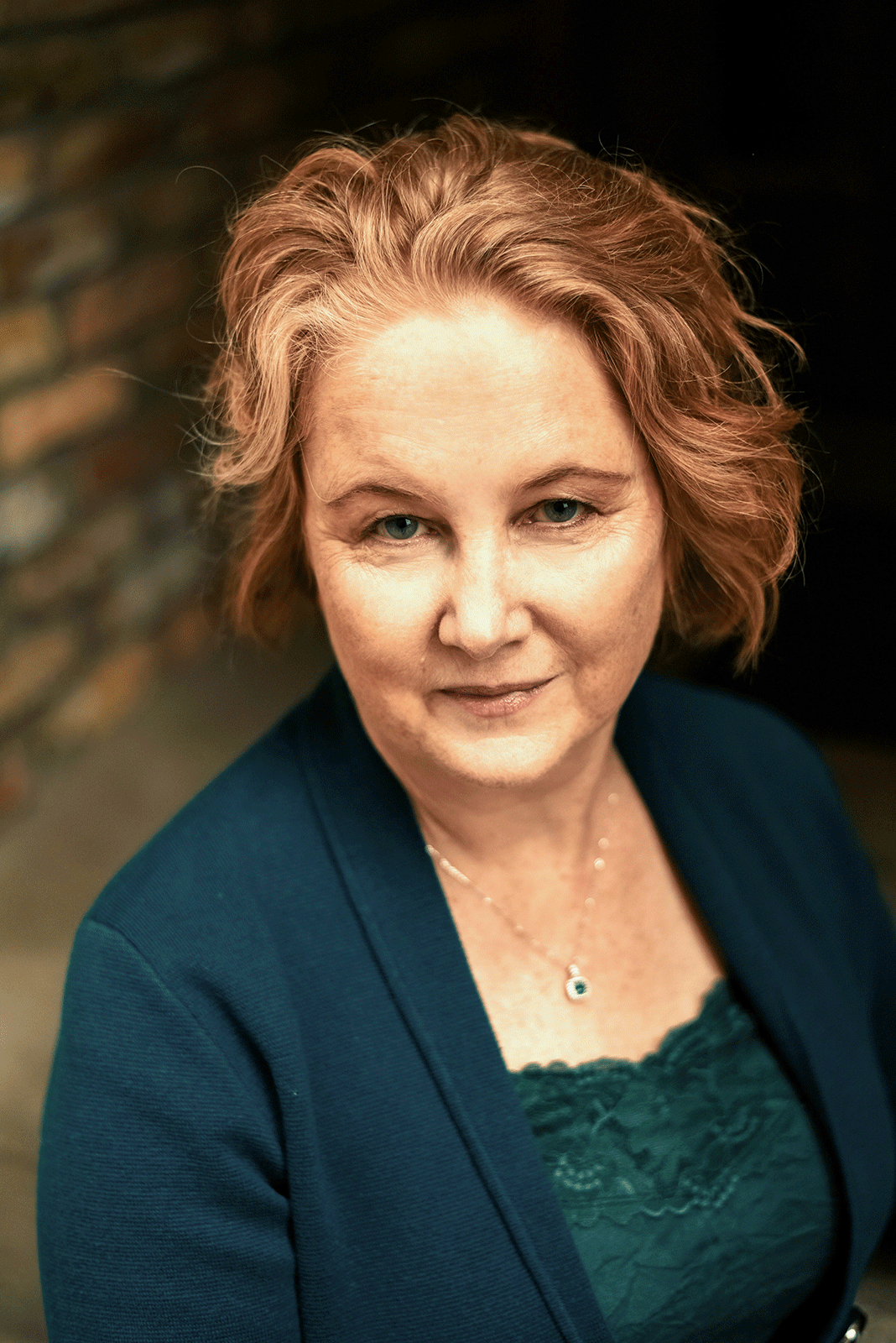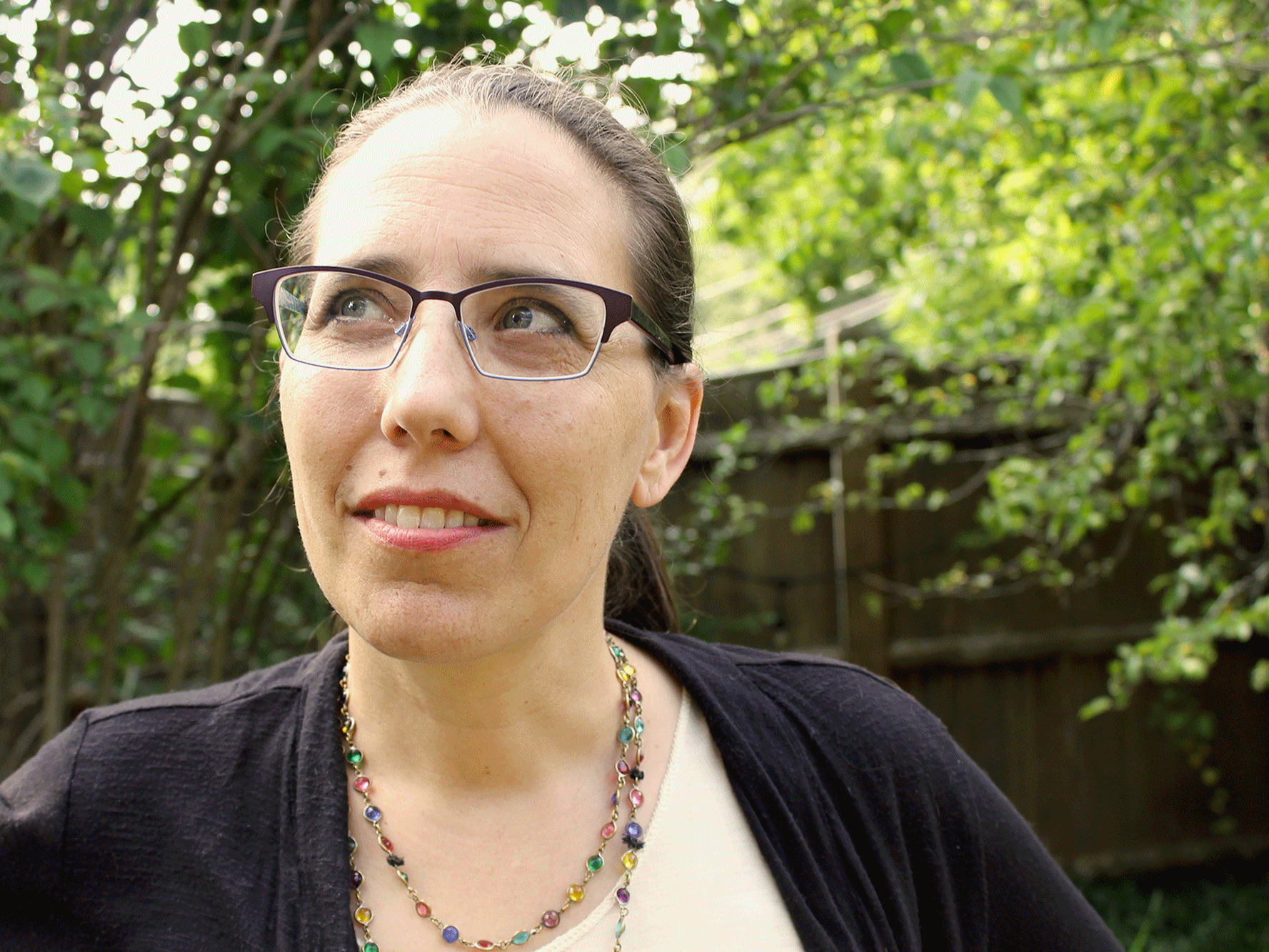On this page
Lisa Nawrot
Dean of the College of Science, Health, and the Environment, Minnesota State University, Moorhead.
Nurturing effective organizational culture has become an increasingly important skill in academia. As an administrator looking to improve my campus culture, the Harvard PDP provided outstanding resources and support from a truly diverse group of industry leaders from all over the world.
Lisa participated in the Harvard Professional Development Program, Building Organizational Cultures: A Framework for Leaders.
Why did you choose to participate in a Harvard Professional Development Program, and why this particular program?
My job as an administrator in higher education is to help my colleagues reach their goals. I’ve been a member of the faculty for more than 20 years. When you’re faculty, much of your focus is on what you produce, how many grants you get, how many papers you publish, etc. My purpose as an administrator is very different. Now my focus is on what I can do to help my colleagues get their grants, write their papers, and reach their professional goals.
Since that change in focus, I’ve been seeking out professional development along the lines of leadership. And organizational culture in particular really caught my eye because we’re building organizational culture in higher education. We have to adapt to the changes that are coming. Some of the big issues that I want to focus on include communication, transparency, recognition, shared purpose, and, generally, a sense that we’re all on the same team.
PDP instructor Lorne Rubis’ background is in the corporate world. Did you find the course applicable to your role in academia?
That was the most surprising aspect of the course, the most challenging and also the most rewarding.
I was the only academic who participated in this course. At first, I had considered another program facilitated by a former academic, and I thought, “I’ll be safe, I’ll take that one.” But when I saw this course on organizational culture, I changed my mind and I’m so glad I did. As the only academic, I was very intimidated, sitting there with business and industry leaders, including CEOs. I was afraid we wouldn’t have anything in common, that I wouldn’t get anything out of it, or that I wouldn’t be able to contribute. Yet that very aspect of the program turned out to be the best part of the experience for me. There’s more common ground between business and academia than I thought there would be.
When we talk about culture — in academia or industry — the shared purpose, the sense of belongingness is so important no matter where you are. Lorne made a big deal about this when he talked about the elements of culture, and I took that lesson to heart immediately. And the fact that there were no other academics made it so much more interesting. It wasn’t a conference where you see the same people and hear the same ideas. There were people from literally all over the world, in all kinds of different organizations, and all kinds of different roles within their organizations. That diversity of perspective is where you really get the ideas, where you really get the energy and the shared goals that you can bring back to your own organization.
How do you feel you’ve been able to make a difference in your organization or at the university since taking the program?
Some of the program’s impact has been immediate and some has taken a little more time.
Overall, I think it’s absolutely essential that as an administrator, as a dean of a college, I have strong relationships with my faculty, my staff, and my colleagues. The faculty and staff report to me, but I also report to administrators, students and families, and community stakeholders. So I need to establish effective interactions and strong relationships. I need to earn the trust of my colleagues. That’s an ongoing process, I think, and I’m going to use the lessons I learned from the PDP to constantly evaluate and monitor that process.
In the longer term, higher education in general, and my field specifically, is facing a lot of challenges, such as a changing student demographic and moving to online learning, which the pandemic certainly sped up. Lorne talked quite a bit about the need to adapt and the need to have a growth mindset. We need to be receptive to feedback and new ideas. We need to frame obstacles — challenges if you will — as opportunities and not get too preoccupied when we encounter errors and challenges.
I did use my experience from the program almost immediately during a college visioning process in June. During the day-long retreat, each of the colleges was tasked with developing a long-term vision of what success would look like and identifying the challenges coming up in the next three to five years. Lorne’s lessons about building individual culture and psychological safety helped me create the space that enabled everyone to contribute. But he also modeled that behavior during the course. He quickly developed that sense of shared purpose over three days. I want to make sure I cultivate a sense of shared purpose with my faculty and staff that lasts for years, especially as we’re moving toward a long-term vision.
How did the program help you in your personal career growth?
I think one of the most important lessons, as I look back on it, was understanding more about leadership. I had always thought, fairly simplistically, that leaders are the people who know the most or the people who have accumulated the most experience to take on these prestigious positions.
Lorne talks a lot about leaders being good, not great. The best leaders — the most inspiring leaders — show their vulnerabilities and admit to failures. That surprised me. But during the course, we had the opportunity to share examples of our failures and our vulnerabilities. It really opened my eyes to what an effective leader is.
That’s something that has really helped my professional development. It’s not about collecting resources and compiling accolades, it’s about what you can do for others. Others will follow you when they respect you and when they see that you, too, can demonstrate vulnerabilities. In fact, I’m looking more into the leadership literature now because the program really changed my perception of what leadership is and should be.
What was your most memorable lesson or takeaway from the program?
For me, the takeaway message was to be intentional about culture, about being aware of it and about building it. And to think about that culture at many levels. There’s great value in belongingness within my faculty groups, within my chairs at the college level, and at the university level. When you can create a sense of belonging or a sense of identity within an organization, then you’re all committed to it. Your success becomes tied to the success of the organization and you want to see it thrive. That sense of belonging comes from getting to know our people better and interacting with them more effectively.
Is there anything else that you would like to share about your experience?
I’m recommending it to my colleagues, especially to others in administration. I was really pleased with the quality of the course. I’ve been disappointed with some online courses because there’s not a lot of participation, a lot of it is done asynchronously, and so you don’t really get that sense of community. I would have loved to have taken it in person, but it worked really well online.
I also really appreciated the pre-work materials. It was clear to me they were very carefully curated to provide the best context for the class.
Describe your Harvard Professional Development experience in one word?
Essential.
This interview has been edited for length and clarity.

